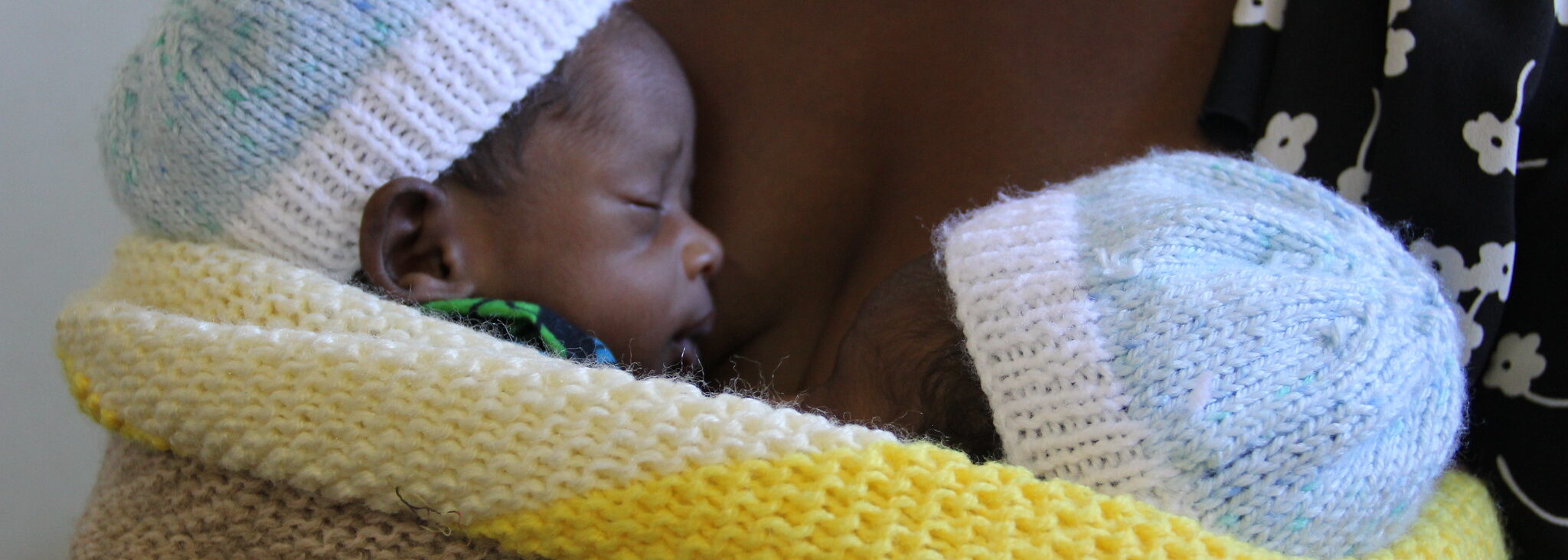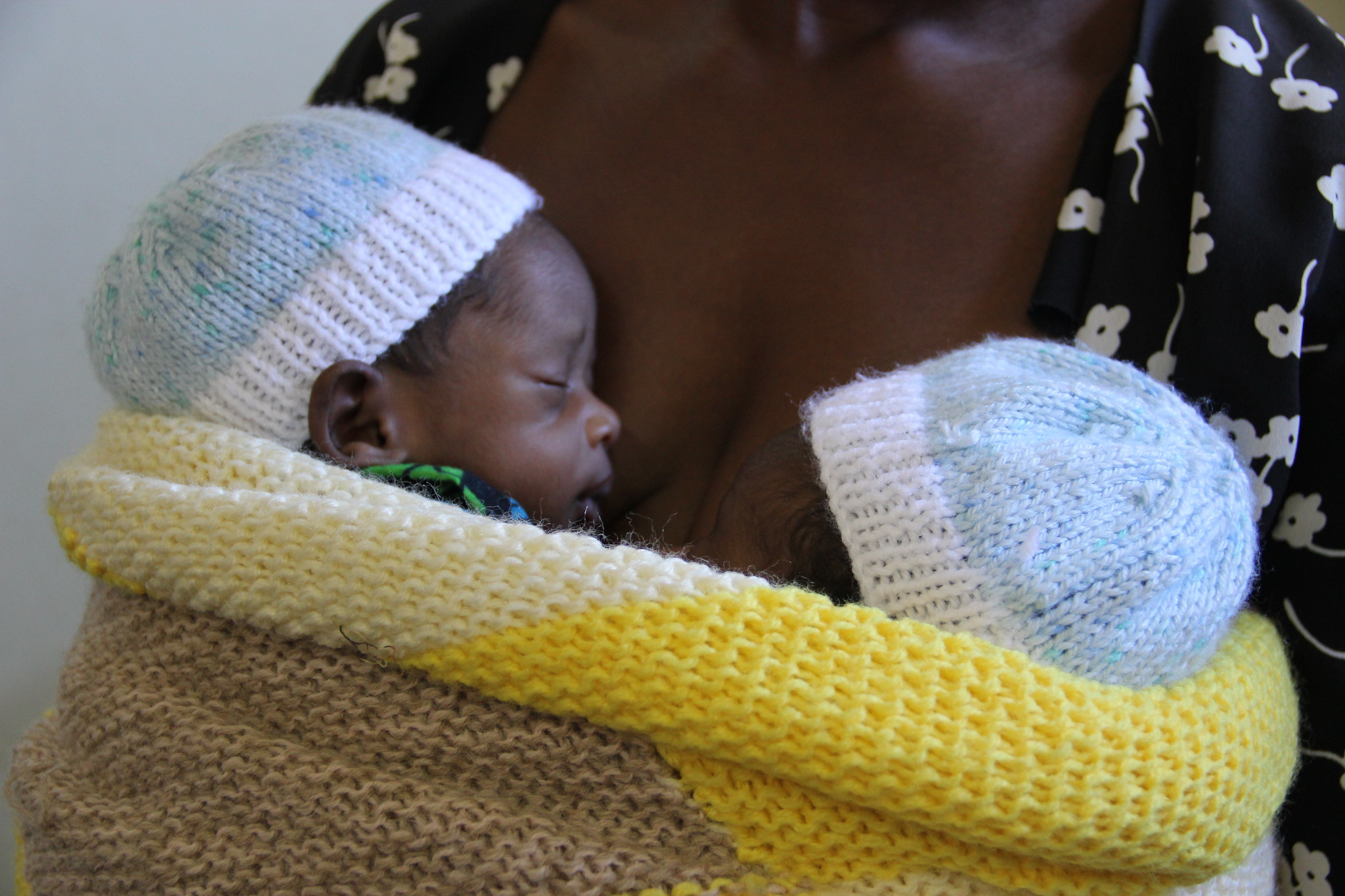Published: 08/24/2023
Preterm and low birthweight infants are subject to poorer overall health, development, and survival with complications of preterm birth being the leading cause of under-5 mortality. New evidence has emerged on the effectiveness of interventions for the care of these infants since previous guidelines were published in 2015
Gary Darmstadt, MD, Associate Dean for Maternal and Child Health and CIGH core leader, recently co-chaired two World Health Organization groups of experts that developed new WHO recommendations on the care of preterm/low birth weight infants and kangaroo mother care (where the mother breastfeeds her baby and provides skin-to-skin contact).
Over the past year, they’ve made recommendations for significant shifts in the care of preterm infants that, collectively, could prevent up to three-quarters of preterm infant deaths. Key among the recommendations is keeping the mother and baby together at all times, widespread use of kangaroo mother care, and centering families in care. Kangaroo mother care involves the mother providing prolonged skin-to-skin contact and breastfeeding the infant.
Now, in August – National Breastfeeding Month – the same group of experts who developed the new World Health Organization recommendations has published a paper in eClinicalMedicine which explains the new recommendations, along with a new research agenda for advancing this care. They are meant to support health care providers across the world in adopting changes that center families in the care of newborns. These resources are available on a new hub on The Lancet’s website.
Photo credit: DFID – UK Department for International Development

